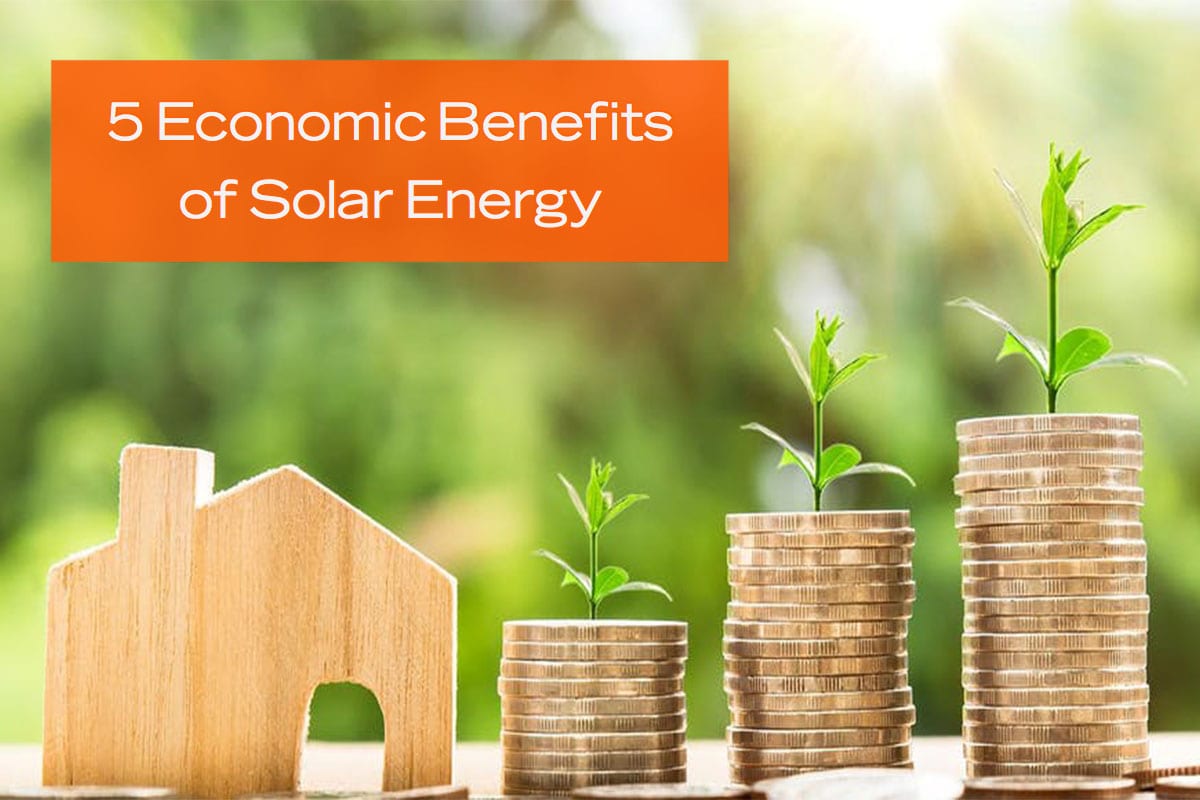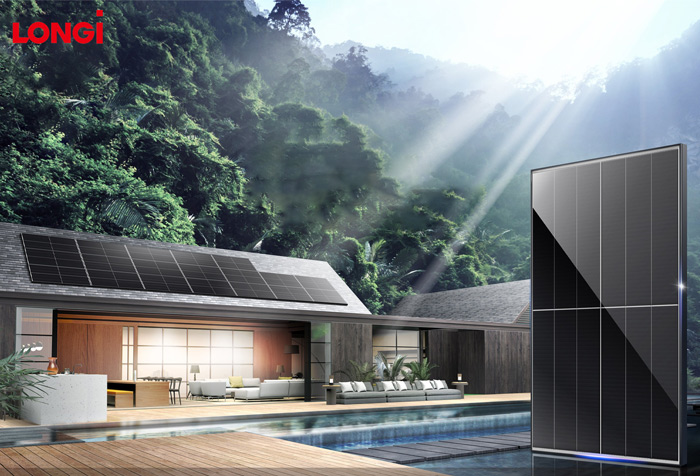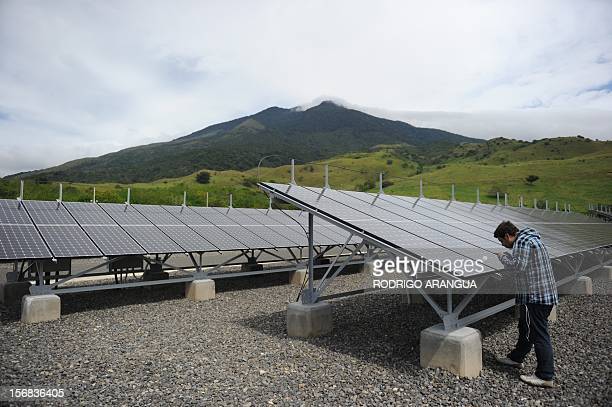
It is possible to go solar in Vermont for many reasons. There are many great benefits to solar energy and incentives available at the state level to make it affordable. This article will focus on the tax credits that are available for solar energy systems. Solar in Vermont offers many benefits, whether you're interested in panels for your home or commercial property.
Vermont Solar Energy: The Benefits
Vermont offers many financial incentives to go solar. You have two options. You can either buy the panels upfront or pay monthly installments with a loan. In addition, many states and the federal government offer tax credits to encourage solar installations. For example, the federal Investment Tax Credit allows you to deduct 30% of the cost for a solar panel system from taxable income. Other states offer additional incentives, including the Vermont Solar Investment Tax Credit, which applies retroactively to solar systems purchased before 2022.
The benefits of solar energy are also affected by where your home is located. Because solar panels make use of sunlight, they will be more efficient if you live in a sunny area. Vermont receives less sun than the average American state. Vermont gets 167 days of sunshine per year on average. This is considerably lower than the national average which averages 205 days. Even with less sunshine, Vermont's solar panels can still provide enough energy to offset the cost of electricity.

Tax credits available for solar energy systems
Vermont offers a generous solar incentive program to help people invest in solar power. Vermonters have the opportunity to get tax credits for 30% of the cost of solar energy systems. Aside from the significant energy savings, Vermonters can look forward to a year of substantial energy savings. An average Vermont homeowner can expect to save more than $1,300 a year by installing a PV system.
The ITC is one the most important tax credits in Vermont. It can help to save up to $26,000 on your solar power system. An average solar system costs $17.220. This means that most homeowners can claim $4,477 in credit. The ITC balance can also be carried forward for future tax years.
Vermont's Renewable Portfolio Standards is another great incentive to solar energy. This program encourages utilities produce more renewable energy. To reach certain levels, utilities in states that have strong RPS policies must either buy or produce solar power. These utilities also offer incentives to homeowners who choose to install solar energy systems.
Incentives at the state level for solar energy systems
The state of Vermont has a long history of progressive leadership, and it has followed this tradition with regard to solar energy policy. Its net meters rules allow solar owners to earn a combined compensation rate that almost matches retail price. However, it hasn't taken any major steps to boost solar energy use in the state. Instead, it funds the Small Renewable Energy Incentive Program. This program offers residents financial incentives to invest in solar energy.

There are many incentives available in Vermont, but they all have the same purpose: to encourage Vermonters and others to be more energy-independent. State rebates, low interest loans and a 100 percent exemption from the sales tax are some examples of incentives. Tax credits and net-metering programs are also incentives for solar energy systems.